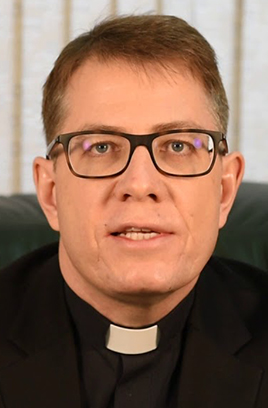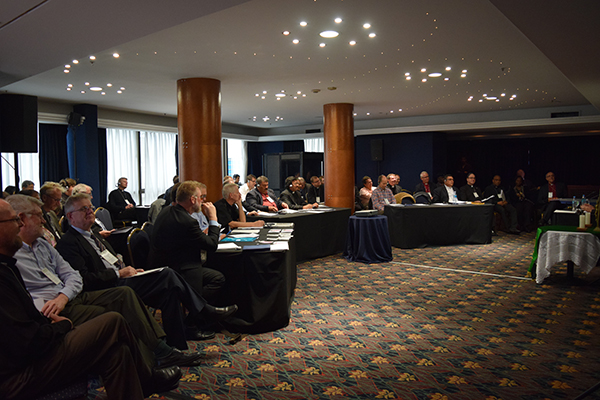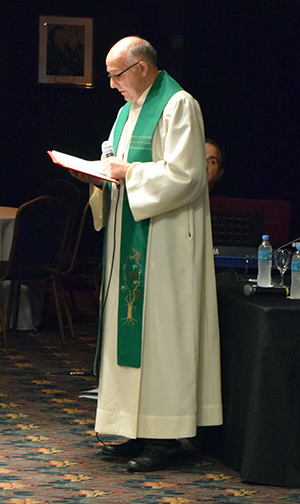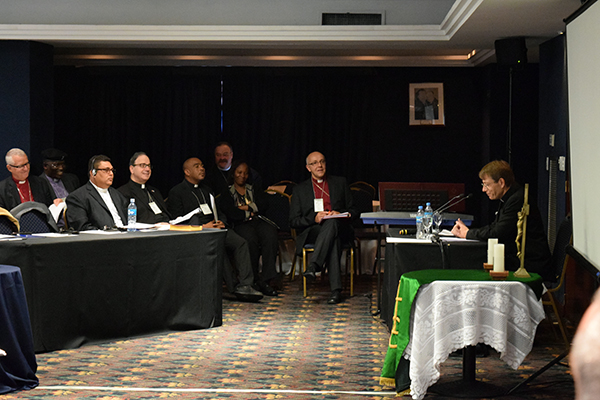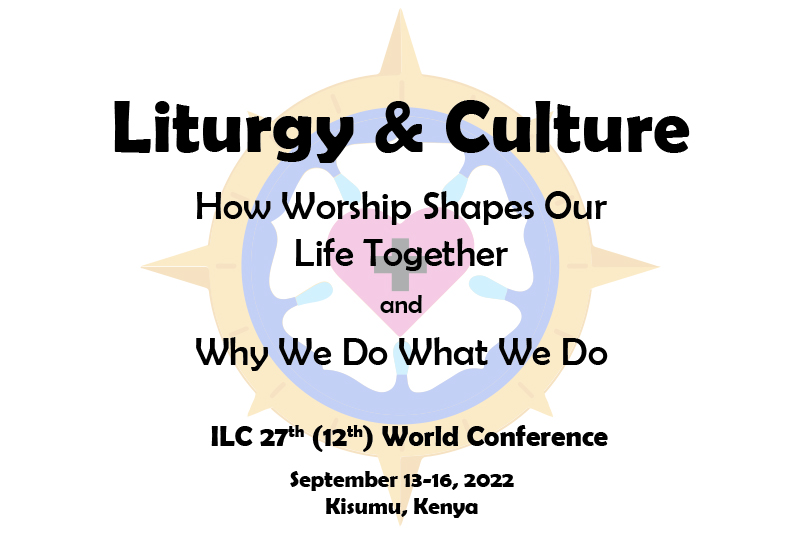
ONLINE – Lectures from the International Lutheran Council’s (ILC) 2022 World Conference have now been released online.
The keynote lecture for the conference was given by Bishop Juhana Pohjola of the Evangelical Lutheran Mission Diocese of Finland, who was later in the conference elected to serve the ILC as its new chairman. Bishop Pohjola’s lecture was entitled “Church and Culture: The Devastating Effects of the Progressive Socio-Political Ideology and Cultural Trends on the Church with Special Attention to Recent Events in Finland.” Download Bishop Pohjola’s lecture here.
Rev. Dr. Joseph Tom Omolo, Principal of Neema Lutheran College in Matongo, Kenya gave the third essay of the conference. Dr. Omolo spoke on “Liturgy and Culture: ‘Meaningful’ Worship in Diverse Cultural Contexts. Download Dr. Omolo’s lecture here.
The last lecture of the conference was given by Rev. Dr. Alexey Streltsov, Rector of Lutheran Theological Seminary in Russia. Dr. Streltsov’s presentation was entitled “Lord, to Whom Shall We Go? The Revision of Liturgical Space and Time in a ‘Virtual Worship’ Era?” Download Dr. Streltsov’s lecture here.
The second lecture of the conference was given by Rev. Dr. Naomichi Masaki of Concordia Theological Seminary in Fort Wayne, Indiana, but unfortunately a written text of his presentation is not available. Dr. Masaki spoke on “Liturgy as Jesus’ Own Service Through His Office: Reflections on the Question of Liturgy and Culture.”
———————

